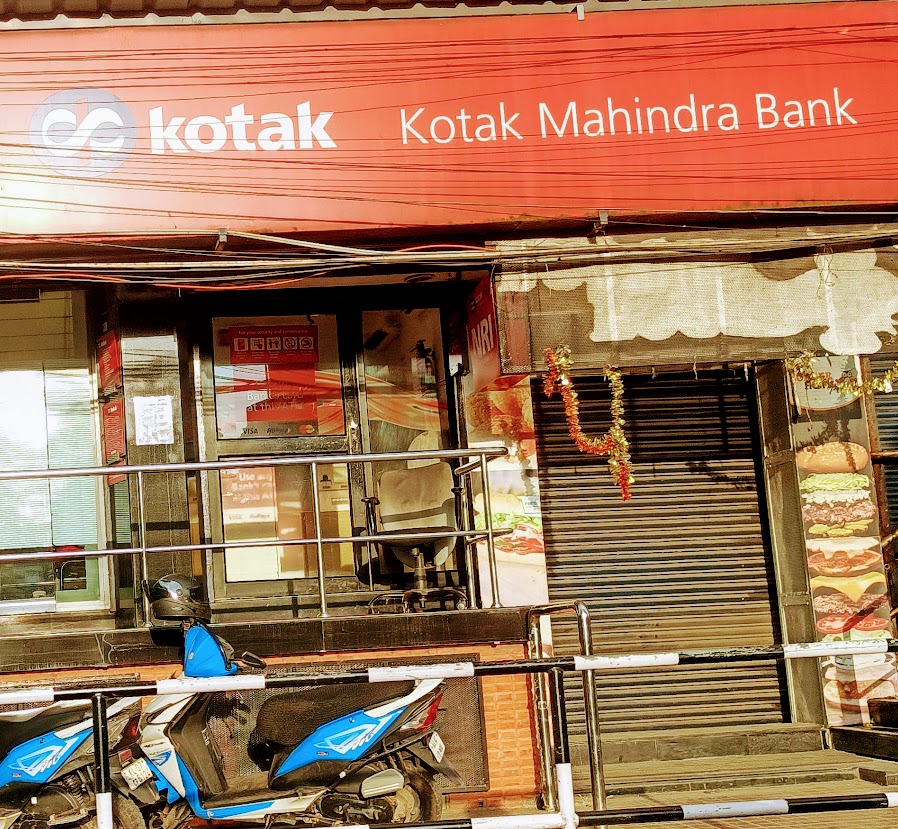Phoenix ARC, India's fourth-largest asset reconstruction company (ARC), has made five bad loan purchases within the last two months after falling silent since March when the coronavirus pandemic started impacting the economy.
The Kotak group-promoted ARC paid Rs 125 crore to acquire the stressed assets of MSP Sponge Iron, while it invested Rs 60 crore in the pharma company Venus Remedies. Three more small purchases were made, including a home loan pool. Despite these buys, Phoenix has trimmed its bad loan acquisition target in the financial year to Rs 800-1,000 crore and expects real activity to spring back only in the December-through-March quarter.
Phoenix ARC has also taken a strategic call to go slow on selling its acquired stressed assets. After withdrawing from the market for six months as prices fell sharply with the economy badly damaged since the outbreak of Covid, it recently decided to put 5-6 of these assets on sale to test the waters.
The current fiscal will see a sharp scale down on the buying of bad loans and on selling as well. Even in FY20, Phoenix's debt acquisition fell 40% to Rs 1,200 crore as no transaction happened in the fiscal's exit month of March due to the pandemic. In normal years, March is a hyperactive month as banks clear their bad loans to keep their non-performing assets (NPAs) down for the reporting financial year. In FY19, Phoenix paid Rs 2,000 crore for acquisition of bad loans. Recovery of bad loans stayed flat at Rs 1,400 crore in FY20, same as the previous fiscal.
"The month of March was a complete standstill and we couldn't conclude on our deals for loan takeover from banks. We lost the last 20 days of recovery in March. Since then there has been very little activity, and we expect things to return to normalcy by the fourth quarter of this financial year. This will undoubtedly affect the size of our business in FY21,"Phoenix ARC chief executive officer Sanjay Tibrewala told Indianbankingnews.com.
Despite the steel sector witnessing recent consolidation, Tibrewala is confident about the prospects of mid-sized units in this space. "The company, whose debt we acquired, is supplying to large steel entities and is also into exports. The steel sector had gone through a bad cyclic phase, but things are beginning to look better. This company has started recovering. We are just taking over the debt. The fresh working capital needs of the company will be brought in by the promoters," he said.
The pharma company's bank debt had turned sour as it invested in R&D of a couple of brands. "Research took away a considerable amount of their time. Now the brands are also coming of age. So a turnaround story is around the corner," said Tibrewala.
Phoenix will be cautious on buying bad loans of stressed companies at this stage as it is impossible to predict on when the economy will bounce back. The ARC will keep away from incomplete projects and the real estate sector as they have "turned highly risky after the outbreak of Covid". The large power projects will be "evaluated cautiously" while the company will "look at small-sized power plants".
Bad loans arising out of retail will also be under the scanner. Being unsecured, they run a high risk at the time of Covid-19. "We are not clear on whether we want to acquire retail NPAs or not. Retail NPAs are acquired at a good price, but recovery costs are higher," he said.
With the economy left ravaged by Covid, Phoenix has tightened its credit matrix parameters. "Strategically, we have turned more conservative and our risk parameters are more stringent now. We look more at cash flows. But we continue to be sector-agnostic, though it is a clear no for incomplete power projects and the real estate sector," said Tibrewala.
Phoenix has traditionally shied away from big-sized debt acquisitions. Most of the distressed loans which it had acquired are in the small and medium-sized space. The strategy is to specialise on ticket-size investments between Rs 100 crore and Rs 200 crore. The biggest investment made so far has been Rs 300 crore in acquiring the distressed debt of a steel company.
"We look at getting a return of 18-20% on our investments. The plan is to exit in four years' time. We prefer value to size," said Tibrewala.
Kotak has 49.9% stake in Phoenix ARC while the balance is with financial investors. Besides this ARC, Kotak has a $1-billion fund for special situations. In the last 10 years, the stressed debt manager has acquired 250 loan accounts. While it has exited fully from 50 accounts, it has partially sold in 150 accounts.





